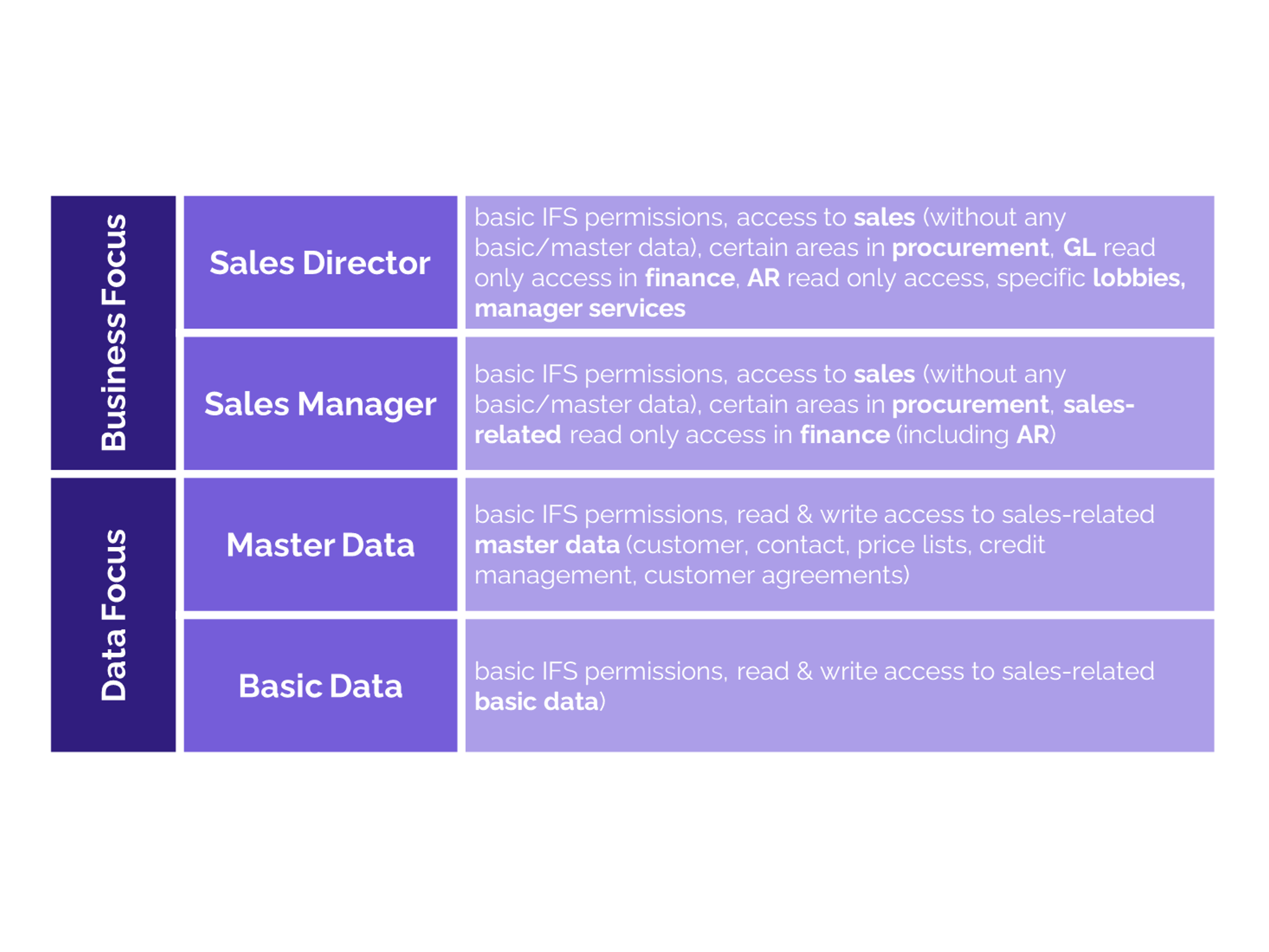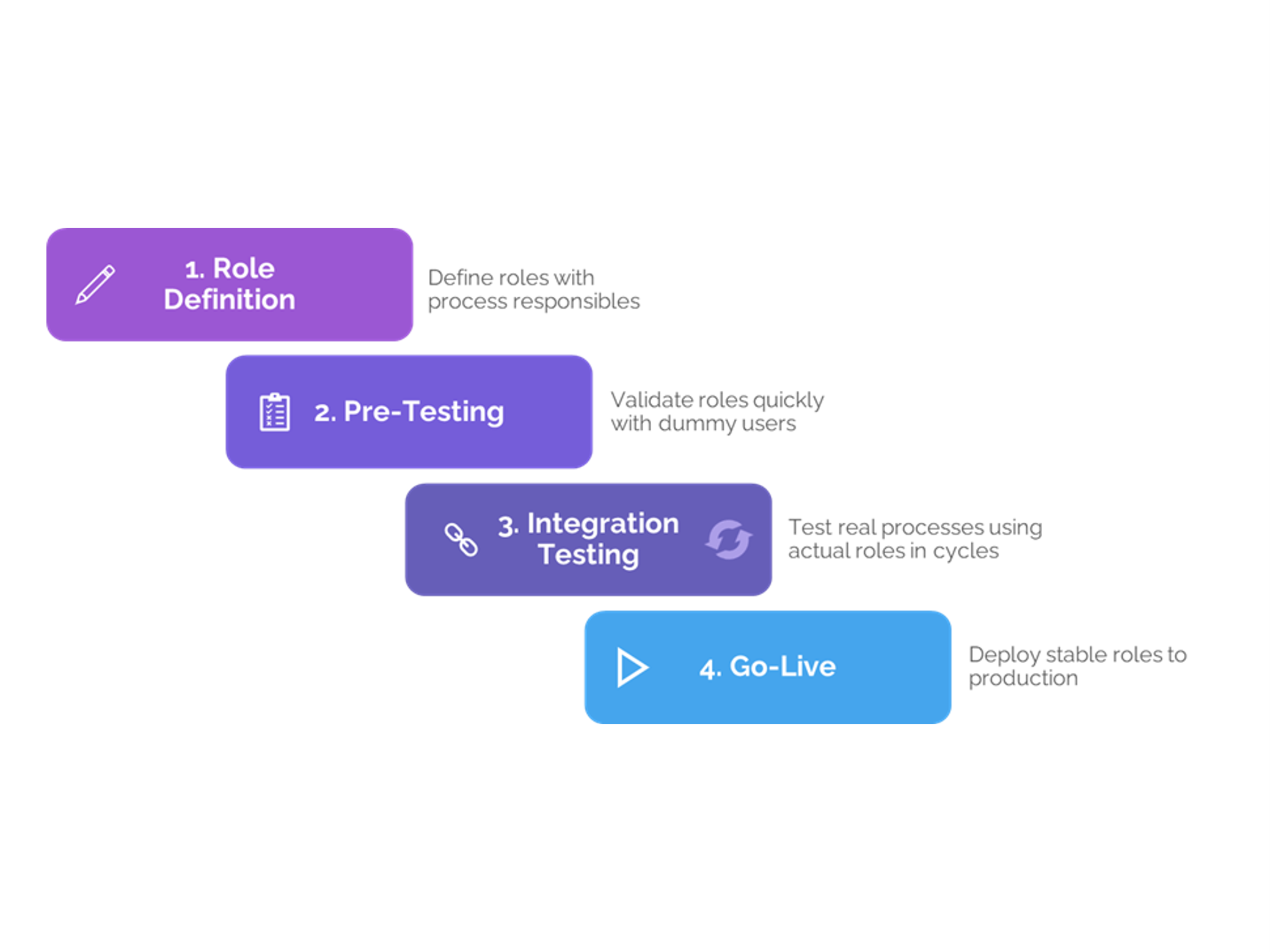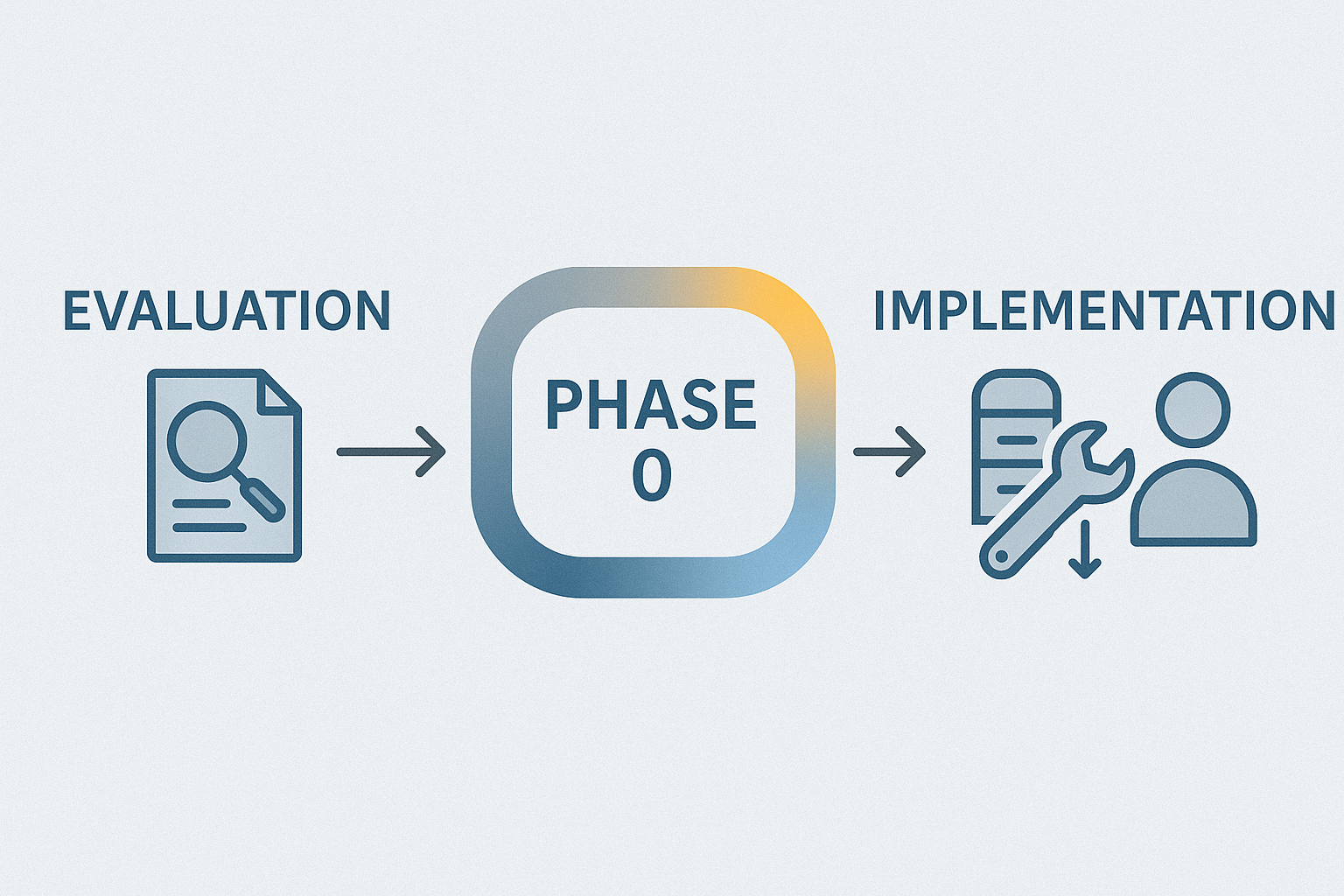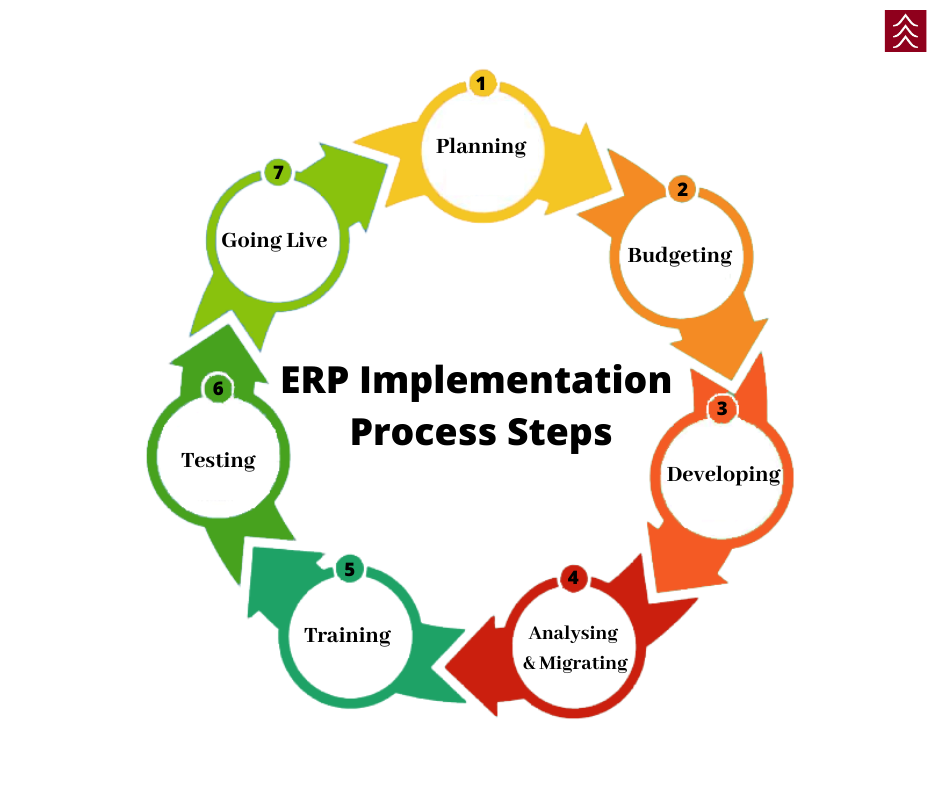A bitter pill for many loyal customers
IFS customers are gently being convinced to move from a perpetual to a subscription licensing model. The pressure has three names: extended maintenance, end of support for IFS Applications 10 and the Cloud-first strategy for innovations. The re-negotiation of the licensing includes creating a new legal contract and new financial terms. Many customers see both as bitter pills with vague benefits and various downsides. 2BCS is the leading trusted advisor for IFS customers. The 2BCS negotiation skills ensure best practice contracts and pricing for our customers.
Introduction
During the last six months 2BCS AG has supported 4 European customers re-negotiating their IFS perpetual license contracts into subscription contracts. In average these customers have 1500 full users and have made multi-million Euro investments in perpetual licenses and implementations. Based on these four cases 2BCS has summarized best practice concerning negotiation approach, legal considerations, and commercial issues.
Finding 1: Pricing
The variations concerning pricing is enormous. Until now 2BCS has not seen any yearly subscription costs that were close or lower than the yearly IFS 10 maintenance costs. To be fair: IFS Cloud is a new product with a new technology and evergreen model. Nevertheless, understanding the mechanisms and levers of the new pricing for IFS Cloud can highly influence the future costs. Leverage on the 2BCS experience concerning Cloud pricing!
Finding 2: Contents of the Order Form
Each contract (Order Form) has a common look, but at least 50% of the contents and paragraphs differentiate greatly. The special terms encompass standard text (e.g. sanctions) but give room for customer-specifics. Topics such as price holds, prolongation terms, swap rights, transformation of LTU’s, parallel usage rights, termination rights and many others are common paragraphs that are often found in the Order Form. Create an initial list of contractual topics and then negotiate with IFS!
Finding 3: On-Prem vs. Managed Service
Operating IFS Cloud as a managed service (instead of on-prem) increases the dependency between the parties. This influences the complexity of the contract, the costs, and the needed safeguarding aspects. Important aspects here are performance SLA’s and their monitoring, service credits, price holds on performance upgrades, exit support to name a few. Decide on the delivery model (on-prem or managed service early on and bring all topics to the table!
Finding 4: Timing
Timing is vital (even though 2028 is far away) and is independent of when a customer effectively wants to migrate to IFS Cloud. Drivers are available internal and consulting resources, start of extended maintenance, current depreciation level of perpetual licenses, potential up-front payments etc. We suggest starting discussions with IFS early on. Have a clear plan on how much lead-time you need for your IFS Cloud project!
Finding 5: Technical Upgrade Projects
A large portion of the IFS Applications 10 implementations are not very old. When upgrading to IFS Cloud many customers do not want to carry out a greenfield project but reduce costs and risks by doing a technical migration. This type of IFS project are not very frequent and require special knowledge concerning modifications, interfaces, permissions and reporting. 2BCS can offer knowledge and expertise in managing technical upgrade projects!
If you have any questions concerning negotiating IFS subscription contracts or regarding technical upgrades, please feel free to contact me at [email protected].
Contact us





